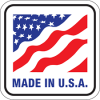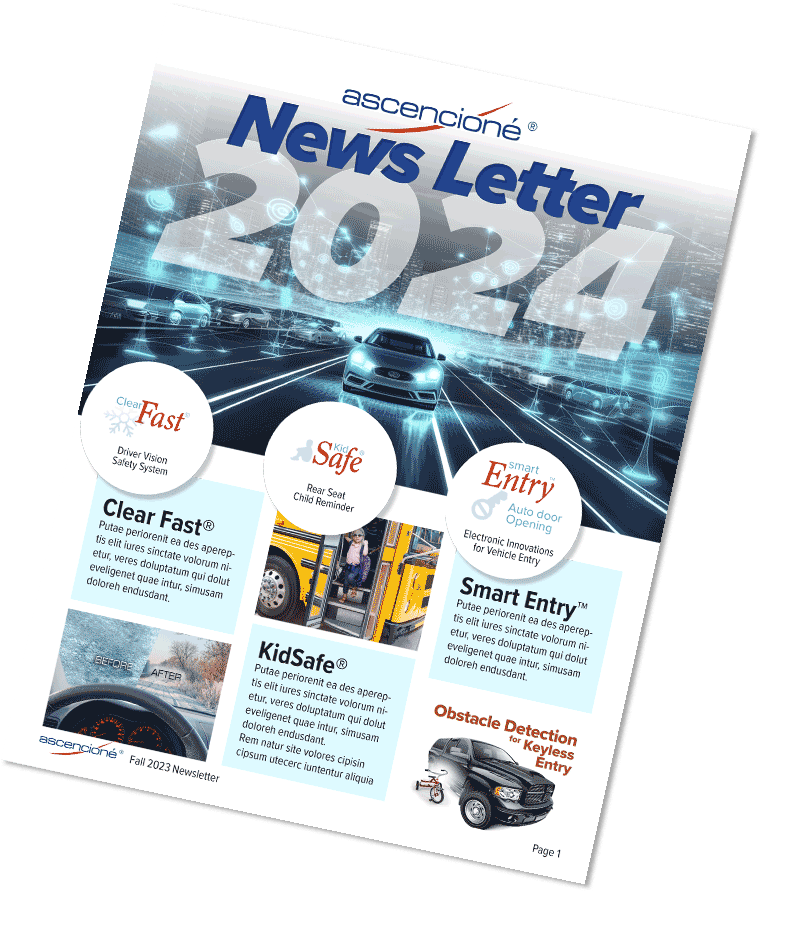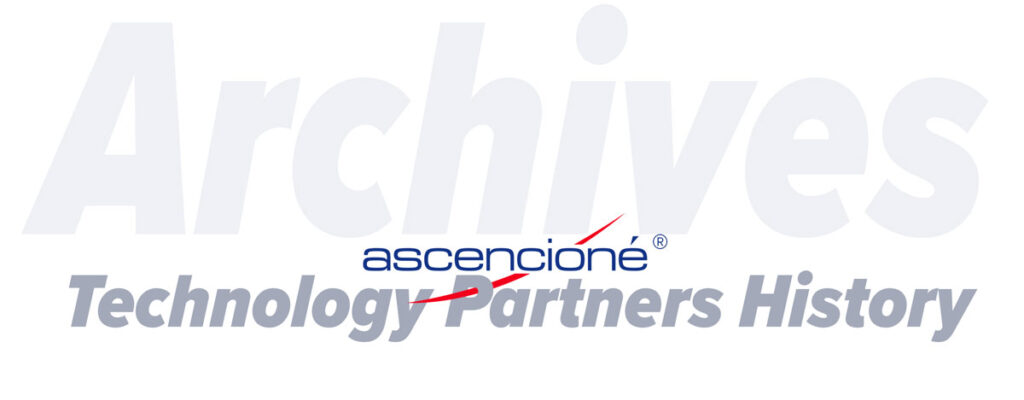
Big On 1 Vision | Automotive Research And Development Masterpiece
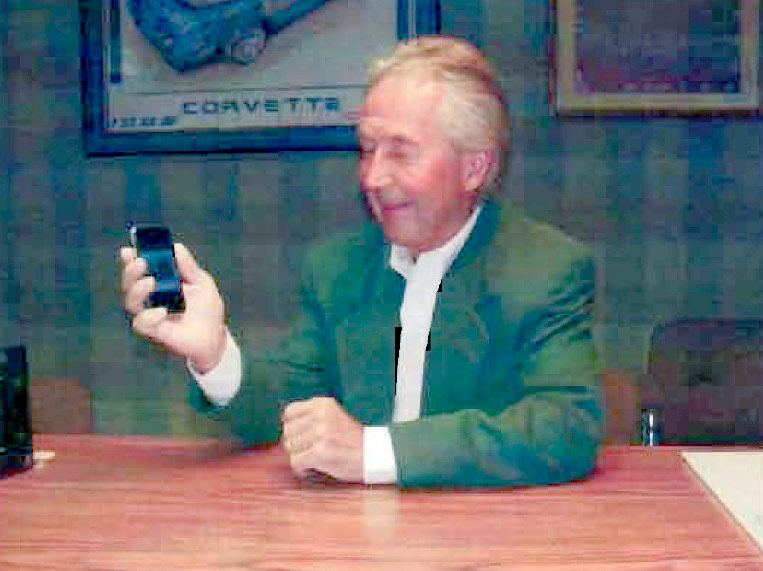
Innovators continue to lead the field in high-tech automotive research and development in 2023
Osceola Edition Editor
REED CITY – Firstly, Folks living in Reed City and throughout Osceola County have long known there was a lot of “technological stuff” produced Locally.
Precisely what has often been either unknown or little understood.
For years, the team has been developing some exciting products in a wide range of industries.
Creative engineering and an even more creative automotive research and development process earned the company a place in Inc Magazine’s list of the 50 most influential innovators in the States.
Under Norman Rautiola, the Reed City-based company has become known as a high-tech automotive and electronic systems development leader. We created many firsts – the first keyless entry system for cars, the first electrically powered steering system, the first touch-controlled operating control system, and more.
Smart Close®
The company recently developed a system trademarked “Smart Close” that senses a human presence. It senses a change in the electromagnetic field. It responds to that presence by reversing the closing of doors or windows in an action that could potentially save the lives of children sticking their heads out of car windows or climbing out of cars with sliding doors.
Legislation passed in early 2008 will require “power windows and panels on motor vehicles to automatically reverse direction when such power windows and panels detect an obstruction to prevent children and others from being trapped, injured or killed.”
The company also developed safety systems for the military, including quick-start systems for diesel vehicles and a safety system designed to allow military vehicle convoys to transmit moves and maneuvers to accompanying vehicles eliminating accidents in tight and stressful situations.
Rautiola set up his Electronics Corporation in the 1960s, moving his base of operation to Reed City in 1968.
Over the years, our developed products such as the Smart Power components, are still used in industrial, home, and automotive products.
It’s truly hard to comprehend the extent of Rautiola’s innovative efforts .
Latest Company Innovation – automotive research and development
The first interfacing move came with developing a touch-sensitive control panel used in Buick Rivieras.
It was mechanical – meaning the face of the control system needed to be physically touched – as opposed to the later system in which the connection is through an electromagnetic field.
In his visioning, Rautiola was always looking to the next step.
“We spent millions on automotive research and development,” he pointed out. “We were constantly pushing the ‘state of the art.’ We tried to make electronics more useful for human beings.”
The vision and initial development of the system interface now used in iPod and iPhone came when people didn’t yet know where this would lead.
Norman Rautiola addresses his automotive research and development:
“There were no handheld devices when we started this research,” said Rautiola. “I didn’t envision the use of interface with a handheld phone.
“I never thought there would be a phone like this.
“We didn’t always think of commercial applications. I looked at our projects more as an innovator. It was fun to figure out how electronics could do things for humanity.
“We are focusing on our electronic capability to save lives and prevent kids from getting hurt. That led us to “Smart Close.”
“The connection with iPod and iPhones has drawn attention to our inventions – to the broader potential for what we do. It has also drawn attention to what we’ve been doing – trying to augment human skills through the computer.
“We want to see functional results – cost-effective improvements to human life.”
So what does all this mean for the company in Reed City?
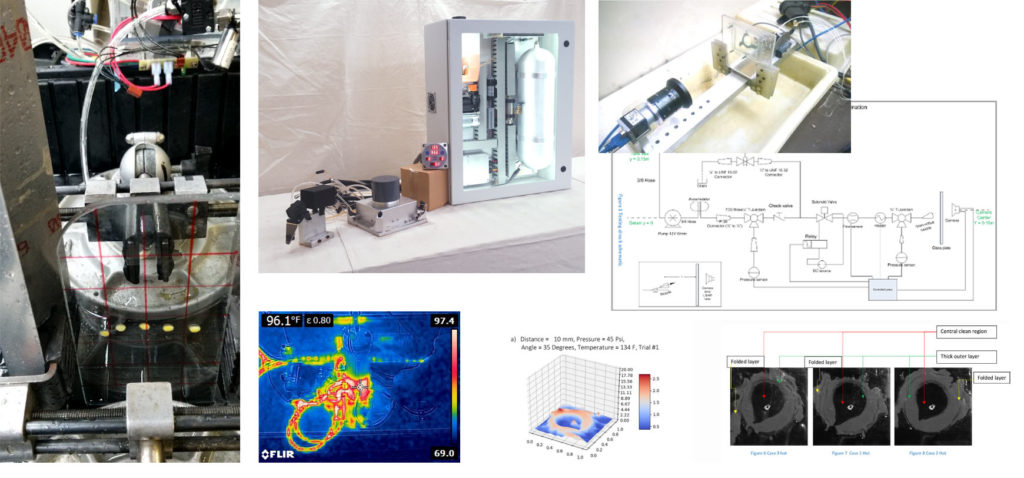
Automotive research and development is a masterpiece
During the recent Michigan Week Dinner in Reed City, vice-president Heather Huber held up an iPhone in front of the audience while discussing the latest company innovation (Automotive research and development).
Patented technology allows users of iPods and iPhones to ‘interact’ with their devices using what company officials call “an anthrotronic system” – or, as noted by Rautiola,”… a natural application of our human sensing technology.”
According to Rautiola, “Apple’s Steve Jobs has widely acknowledged that this human interface technology is elegant and very effective for the human to access the iPhone computer power directly.”
The “slewing” or movement as a user moves a finger across the screen field is specific to a patent.
We began working on capacitive touch screens back in the 1980s
“This was hard. It took a long time to develop,” noted Rautiola. “We began working on this idea back in the 1980s. The original goal was to engage the power of computers with the human brain. Mary Seager began designing our anthrotronic systems.
“She helped us focus. We also developed the first voice synthesizer system during this period – a process that allowed people to talk to their car.
“Now such technology is pretty commonplace in automobiles.
” I intended to get humans and computers to interact to improve life in many ways efficiently.”
Interestingly, when the idea of a tactile ‘interface’ with computer screens developed, there was no real need for such technology.
“Still, I could see a need in the future,” said Rautiola. I saw this as harnessing computer’ horse power’ to help people move forward and better their lives.”
A first – developing a touch-sensitive control panel
The first interfacing move came with creating a touch-sensitive control panel used in Buick Rivieras.
It was mechanical – meaning the face of the control system needed to be physically touched – as opposed to the later system in which the connection is through an electromagnetic field.
Most importantly, in his visioning, Rautiola always looked to the next step.
“We spent millions on automotive research and development,” he pointed out. “We were constantly pushing the ‘state of the art.’ We tried to make electronics more useful for human beings.”
After our control panel invention, Touch screen phones were introduced
The vision and initial development of the system interface now used in iPod and iPhone came when people didn’t yet know where this would lead.
“There were no handheld devices when we started this research,” said Rautiola. “I didn’t envision the interface with a handheld phone.”
“I never thought there would be a phone like this.
“We didn’t always think of commercial applications. I looked at our projects more as an innovator. It was fun to figure out how electronics could do things for humanity.
“We are focusing on our electronic capability to save lives and prevent kids from getting hurt. That led us to “Smart Close.”
“The connection with iPod and iPhones has drawn attention to our inventions – to the broader potential for what we do. It has also drawn attention to what we’ve been doing – trying to augment human skills through the computer.
“We want to see functional results – cost-effective improvements to human life.”
Finally, what does all this mean for the company in Reed City?
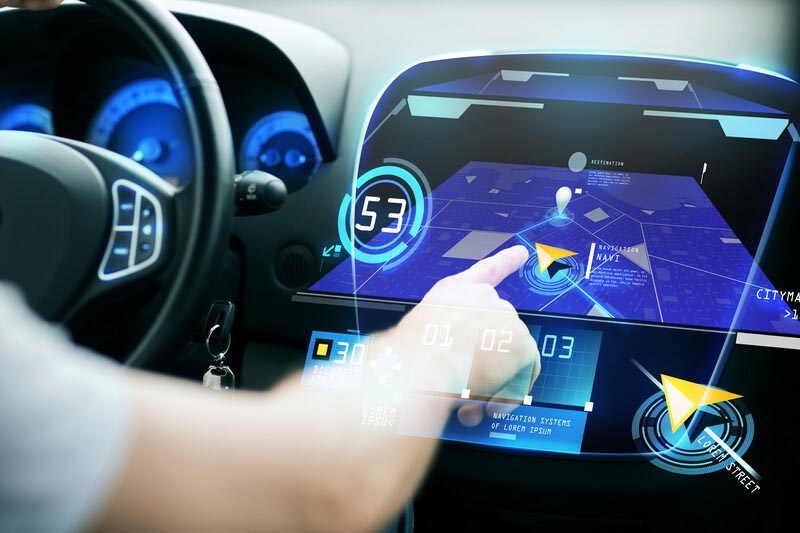
Conclusion
“The impact of our research and development is huge,” says Rautiola. “We are leading the field in connecting humans to computers practically.
“Also, the evolution of this technology has created an extremely cost-effective application for “Smart Close” in cars, subway trains, buses, and industrial manufacturing uses.”
Company officials believe jobs will expand to Reed City’s company force following President Bush’s Feb. 28 signing of the bill calling for installing “Smart Close” technology in vehicles manufactured in the future.
“The continuing development of “Smart Close” and the work we’re doing with “Smart Touch” technology will certainly stabilize our job force and will create new job opportunities,” noted Rautiola. “It’s good to be a part of this community.”

